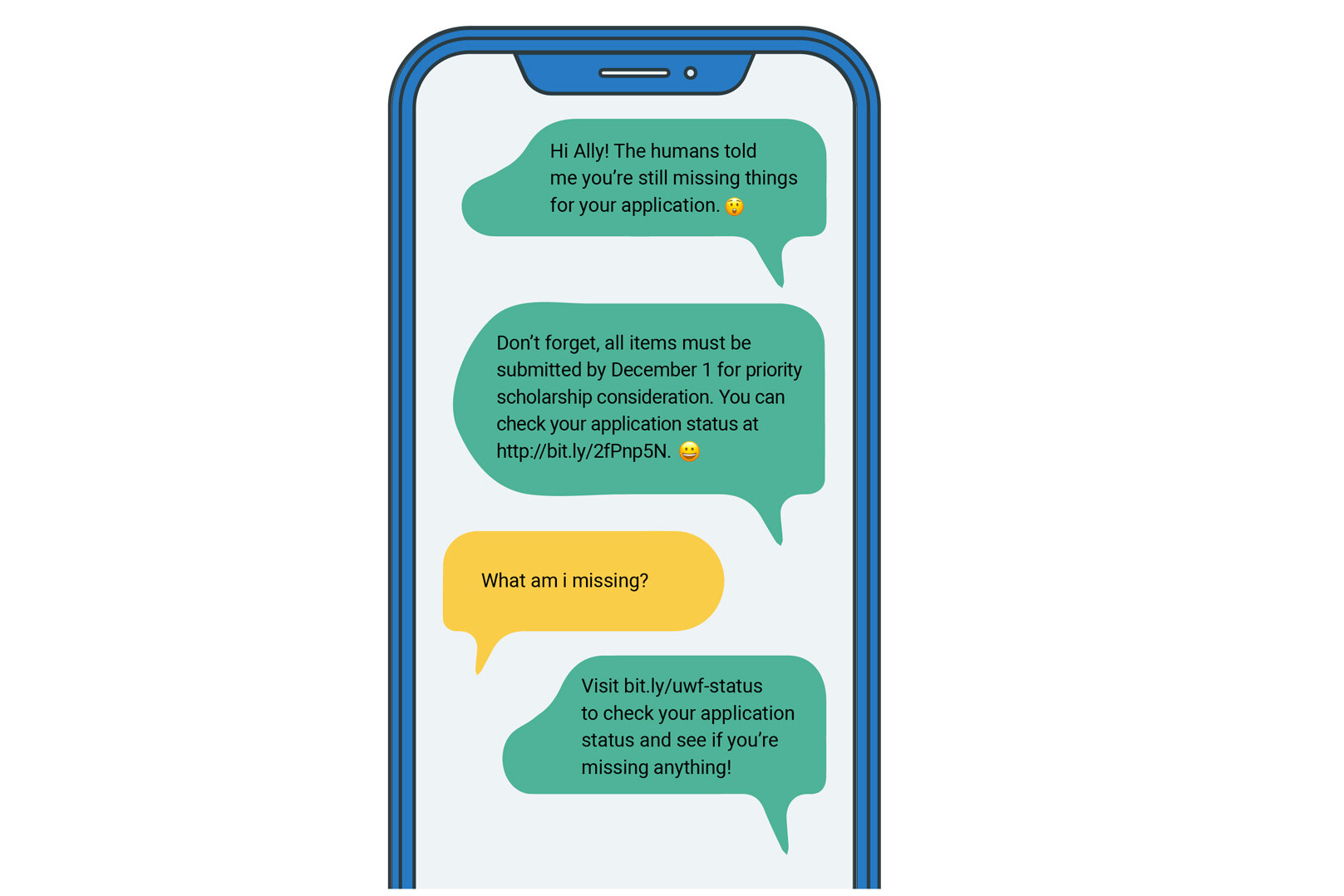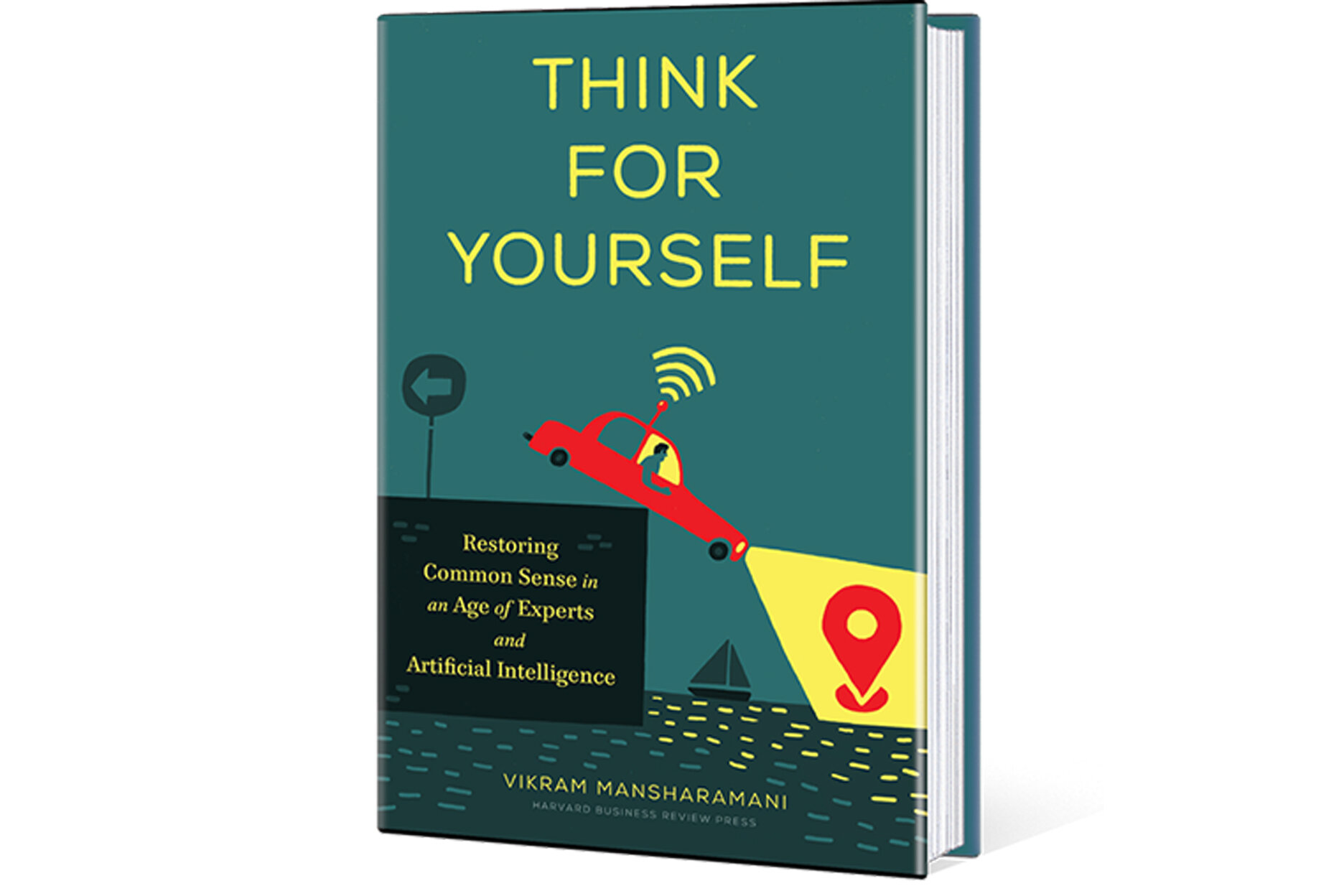Escaping Infrastructure’s Shadow Puppets: Lessons From Equitably Repurposing Public Spaces
TRANSFORMING CITIES SERIES:
Failing to apply a rubric for social impact, government-funded infrastructure has been culpable for legacies of segregating communities, spurring blight or displacement, and devastating natural environments. Daniel Balmori discusses how innovative efforts to reimagine underutilized public spaces -- including prior infrastructure follies -- have demonstrated that, deployed thoughtfully and with a lens toward equity, infrastructure improvements have the potential to positively transform the quality of life for entire communities, catalyze economic opportunities, and make environments more resilient.
Reconnecting What Freeways Severed: Addressing the Historical Toll on Communities Split by Highways
TRANSFORMING CITIES SERIES:
Planners and engineers in the 50's and 60's often built freeways directly through African American communities, severing neighborhoods and dismantling small businesses in the way. Sally Bagshaw, Scott Bonjukian, John Feit, and other advocates and government leaders are now speaking out against these 70-year-old road design practices, offering solutions to restore and reconnect neighborhoods.
Mitigating Climate Change in Cities Requires More Than Planting Trees
TRANSFORMING CITIES SERIES:
OPINION COMMENTARY:
Urban greenery can help create more resilient cities -- but only if residents are engaged in the process. Professor John Wilson, working at the intersection of sociology, environmental science and technology calls for an all-hands approach.
A Hand Up, Not a Hand Out! To Address Racial and Economic Injustice, Bridge the Skills Gap
As we work to ensure a more just economic recovery, business leaders, policy leaders and philanthropists all have an important role to play. Paul Salem discusses how tested programs like Year Up plays a critical role in creating an integrated talent ecosystem for young people of color to succeed.
Grameen America: Microfinancing Having a Macroeconomic Impact
A conversation with Andrea Jung, President and CEO of Grameen America and former Chairman and CEO of Avon Products, Inc., discussing the use of microfinancing to help small businesses in America.
The Slippery Policy Implications of Soapsuds
OPINION COMMENTARY:
Bob Levey provides a personal perspective on how individual institutions and organizations must also wrestle with the complex problem of homelessness within their own communities.
America’s Aging Infrastructure Needs Our Support
THE FIRST 100 DAYS OF THE BIDEN-HARRIS ADMINISTRATION SERIES:
America infrastructure received a score of ’C-’. It is no secret that our nation’s many infrastructure networks, from the electric grid to transit systems to drinking water pipes and port facilities, have been underfunded and gradually deteriorating for decades. Emily Feenstra, from the American Society of Civil Engineers, discusses how this needs to change.
A Pathway to Opportunity for Low-Wage Workers
A conversation with social entrepreneurs Rebecca Taber Staehelin and Connor Diemand-Yauman, the Co-Founders and Co-CEOs of Merit America — who seek to change the workforce on-ramp.
Our Common Responsibility: Addressing Homelessness Post-COVID
OPINION COMMENTARY:
We see them in most major cities: tents in our neighborhoods, tarps on our sidewalks, and encampments in our parks. We see garbage piling up. Feces in doorways. Teresa Mosqueda and Sally Bagshaw emphasize, however, that inside the tents, there are people trying to survive.
The Role of Corporate and Business Leadership
ONE YEAR AFTER GEORGE FLOYD'S MURDER SERIES:
A conversation with Quincy Miller, Vice Chair and President of Eastern Bank, on supporting the communities where he lives and works with a focus on equity and youth.
Time for Transparency: A Post-COVID America Where Employers Report Wage Data by Gender and Race
COVID-19 RECOVERY SERIES:
As with all complex economic and social inequality in America, the path to achieve wage equity has engaged thousands of activists, scholars and public servants. Yet few employers, some only after settling racial and gender discrimination lawsuits, have publicly supported wage equity efforts. Evelyn Murphy discusses the need for transparency and accountability to achieve gender equity.
An Equitable Economic Recovery Post-COVID Needs Inclusive Small Business Entrepreneurship
COVID-19 RECOVERY SERIES:
To truly ensure economic racial justice and a more equitable recovery post-COVID, we need to help existing and would-be BIPOC entrepreneurs. Gail Goodman discusses how inclusive entrepreneurship is a powerful tool for battling income inequality and workforce displacement.
Using Artificial Intelligence to Navigate the New Challenges of College and Career
Even before the outbreak of COVID-19, the path to economic opportunity in the United States has become less clear as workers’ careers have taken increasingly non-traditional routes. Mike Meotti and Drew Magliozzi paint a compelling portrait of how technology can carve new tracks and create new ways of working.
An Energy Manifestation Model as a Bridge to Social Impact
Many social entrepreneurs have a vision, a passion for social impact that often never gets off the ground. An energy manifestation model can help avoid the common pitfalls of losing sight of the original vision and changing course. Donna Wing discusses a practical application of the model to bridge social impact through an applied example from her own social entrepreneurship project.
Never Again: When it Comes to Sheltering those Experiencing Homelessness, We Cannot Go Back to the Way Things Were
Facing consistently overcrowded facilities, Joe Finn discusses how shelter providers recognized that they had an impossible choice: should they deny shelter to individuals in need, subjecting them to the risks associated with cold weather exposure, or continue to allow them into shelters where they would be susceptible to COVID-19, a quickly spreading and often deadly virus?
India’s Aspirational Districts Programme Focuses Governance Efforts On Development
Amit Kapoor, Michael Green, Mark Esposito and Chirag Yadav discuss how the Indian government has recently taken steps to shift its focus beyond the mere pursuit of economic outcomes to directly target the most deprived regions of the country. By fostering collaboration and utilizing a stakeholder-oriented approach, the Aspirational Districts Programme (ADP) has already shown significant improvements.
Book Review: Rebecca Henderson’s Reimagining Capitalism in a World on Fire
In Rebecca Henderson’s new book, Reimagining Capitalism in a World on Fire, there opens a new path for the future of capitalism, a ‘journey’ that offers rewards, but is demanding.
Thinking For Yourself: Intellectual Self Reliance in an Hyper-Connected World
Fundamentally, self-reliance in the twenty-first century is about thinking for yourself and not becoming paralyzed by the data deluge and overwhelming information we suffer through on a daily basis. Vikram Mansharamani discusses ways to harnesses the power of experts and technologies without giving up autonomy.
Women's Economic Empowerment: A Critical Tool for Post-Pandemic Economic Repowering in Colombia
Marta Lucia Ramírez, the Vice President of the Republic of Colombia, discusses how national economies weakened by the COVID-19 pandemic must take measures that include comprehensive actions for women's economic empowerment, as a prerequisite for a sustainable recovery.
Think Outside the Building: How Advanced Leaders Can Change the World One Smart Innovation at a Time
Professor Rosabeth Kanter, in her book, counsels that today's challenges - climate change, COVID-19, systemic racism, economic inequality - require a new paradigm of thinking to upend the status quo. “To think outside the building” is a call to action for bold advanced leaders with the mission to tackle the world’s biggest problems when we need social, economic, and environmental solutions more than ever.




















